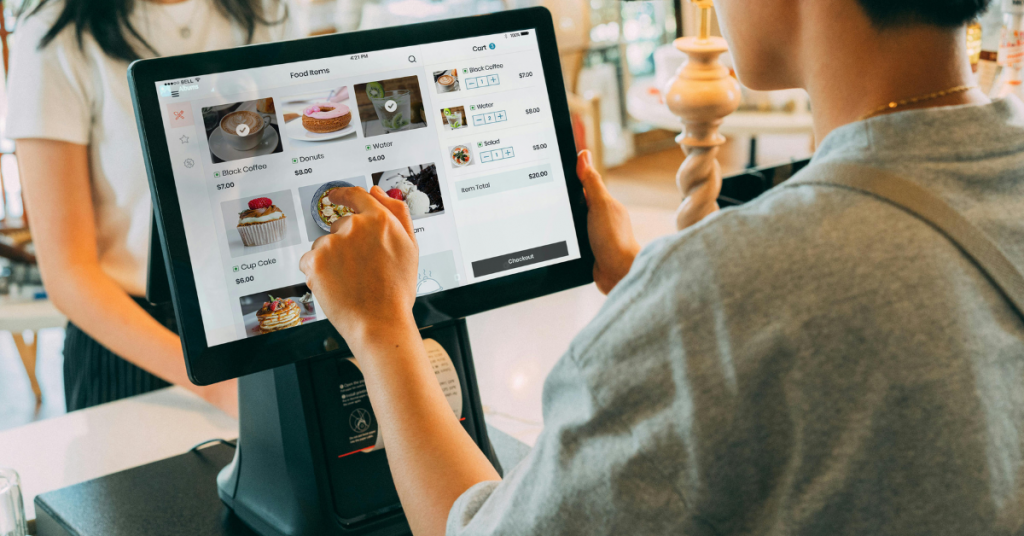A reliable point of sale system is a key tool for businesses that handle sales transactions. It combines hardware and software to record purchases, manage inventory, and process payments quickly. This type of technology can make daily operations faster and more accurate.

Understanding the POS Point of Sale System
A pos point of sale system allows businesses to manage more than just sales. It can track stock levels, generate sales reports, and even integrate with accounting tools. By using one platform for multiple functions, businesses save time and reduce errors.
The Role of a POS System in Retail
A pos system is especially useful for retail stores. It helps cashiers ring up items quickly, apply discounts, and handle returns with ease. Managers can view real-time data to see which products are selling well and which are not moving. This helps them make better decisions on ordering and promotions.
Benefits of a POS Machine
A pos machine processes card payments securely and quickly. Customers appreciate fast service, and businesses benefit from reduced queues. Many machines now support contactless payments, which adds convenience for both staff and customers.
Improving Inventory Management
With a modern POS setup, businesses can track stock as it is sold. This reduces the chance of running out of popular products or overstocking slow-moving items. Automatic alerts can be set up to notify staff when it is time to reorder. This makes managing inventory far less stressful.
Detailed Sales Reporting
One of the strongest features of a good POS is its ability to generate detailed sales reports. Owners can review daily, weekly, or monthly figures to understand performance. This information helps in planning promotions, adjusting prices, and forecasting demand.
Enhancing the Customer Experience
When transactions are fast and accurate, customers have a better experience. A POS can also store customer purchase history, making it easier to offer personalized discounts or rewards. This builds loyalty and encourages repeat business.
Supporting Different Payment Methods
Modern POS systems can accept cash, credit cards, debit cards, and digital wallets. This flexibility ensures that customers can pay in the way that suits them best. Accepting a variety of payment methods can lead to more sales.
Reducing Errors
Manual processing often leads to mistakes in pricing or stock counts. By automating these processes through a POS, businesses reduce the risk of human error. This improves accuracy and trust in the data.
Flexibility for Different Business Types
Whether it is a retail store, a café, or a service-based business, a POS can be adjusted to suit specific needs. Customizable menus, receipt designs, and reporting features make it versatile for many industries.
Conclusion
A good POS is more than just a cash register. It is a complete tool for managing sales, inventory, and customer data. By investing in the right technology, businesses can operate more smoothly, serve customers better, and make smarter decisions.